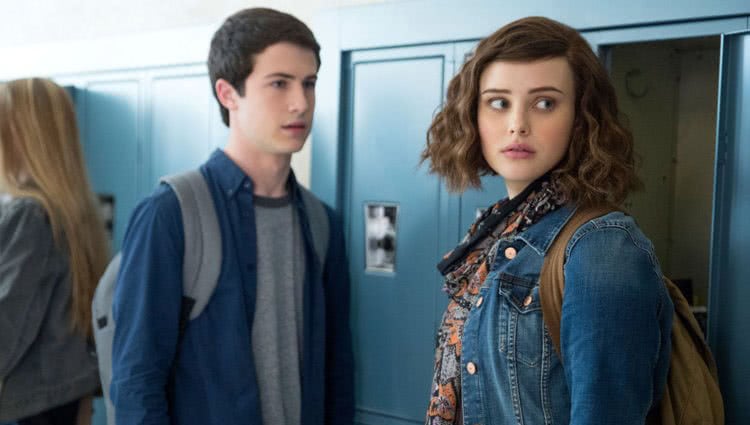TRIGGER WARNING: This article discusses suicide.
A new study, published on Monday in the Journal of the American Academy of Child and Adolescent Psychiatry has found a correlation between increased suicide rates amongst U.S. boys aged 10-17 and Netflix’s controversial teen drama, 13 Reasons Why.
When 13 Reasons Why debuted two years ago, psychologists and experts warned that the program could result in copycat suicides. It looks as if their warning was justified.
The show depicts the life of a teenager who decides to commit suicide. Leaving behind a box of cassette tapes detailing the 13 reasons why she decided to take her life and implicating her peers.
The study claims that in the month following the show’s debut in March 2017, there was a 28.9% increase in suicide amongst Americans aged 10-17. This number was higher than that seen in any other month over the five-year period. There were 195 more youth suicides than projected that year.
It was found that boys were more likely to take their life than girls after the show debuted. Whilst suicide rates for females increased, they were not statistically significant.
The Nation Association of School Psychologists issued the following statement, warning people to refrain from watching the series “We do not recommend that vulnerable youth, especially those who have any degree of suicidal ideation, watch this series. Its powerful storytelling may lead impressionable viewers to romanticize the choices made by the characters and/or develop revenge fantasies. They may easily identify with the experiences portrayed and recognize both the intentional and unintentional effects on the central character.”
Love Music?
Get your daily dose of metal, rock, indie, pop, and everything else in between.
The study has not claimed that viewing the show and rising suicide are causal. It accounts for seasonal and other factors that could influence suicide. It concludes that the show is associated with a surge in teen suicide and encourages viewing caution.
“The results of this study should raise awareness that young people are particularly vulnerable to the media,” report co-author Lisa Horowitz, said in a statement. “All disciplines, including the media, need to take good care to be constructive and thoughtful about topics that intersect with public health crises.”
Read the full report here.
There are a number of immediately contactable hotlines that you can call if you or anyone you know needs help:
- Lifeline on 13 11 14
- Kids Helpline on 1800 551 800
- MensLine Australia on 1300 789 978
- Suicide Call Back Service on 1300 659 467
- Beyond Blue on 1300 22 46 36
- Headspace on 1800 650 890
- QLife on 1800 184 527

































